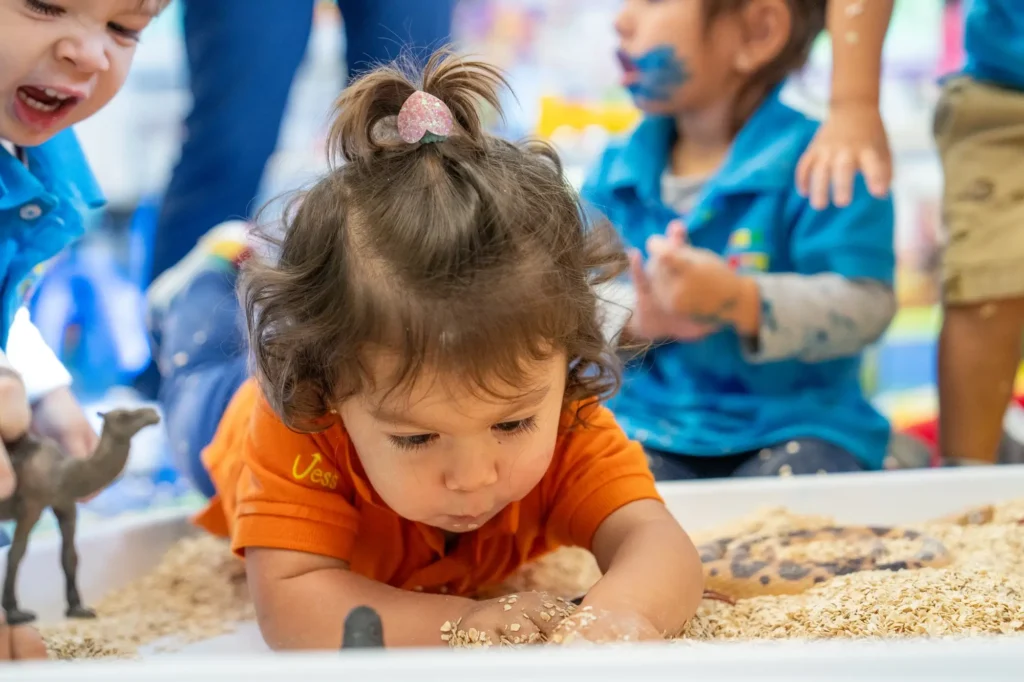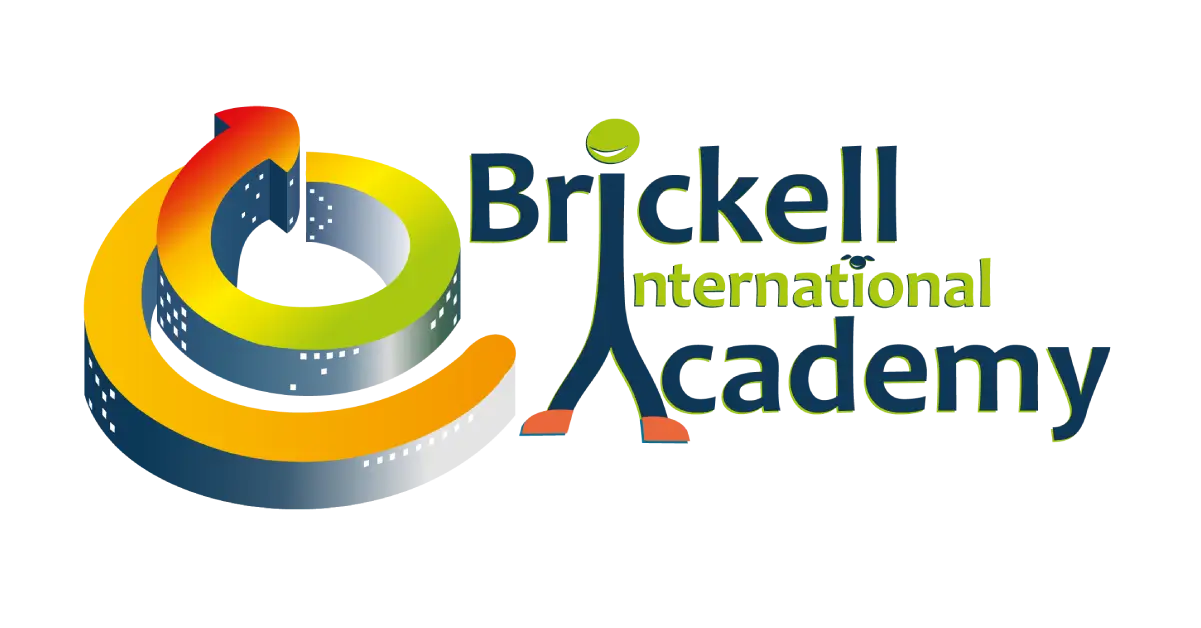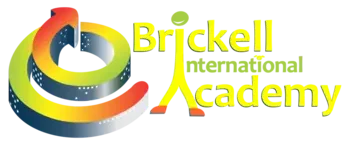TWOS

Twos
2 - 3 Years
Two year olds are eager for independence and exploration. Their communication skills develop significantly this year, as does their desire for self expression. “self esteem grows significantly with their capacity to be independent and do hard things,” explains Ms. Daniela, Two’s Teacher of 10 years.
Our Twos Program focuses on fostering independence while instilling the values of community and collaboration through classroom routines, involving children as classroom helpers, turn taking and sharing. We work with families to identify potty-training readiness and work as a team with the family when ready. We take advantage of the big feelings that come at this age to validate them and introduce strategies to help them regulate big emotions. As their capacity to understand complex language increases, teachers model a rich vocabulary that fosters higher-level thinking skills. Two year olds enjoy independent play and dramatic play, which provides us with a great opportunity to foster pre-literacy skills. Through our monthly country, artist and Unit of Inquiry, our teachers bring the world to the classroom and plan hands-on, multi-sensory activities that get children’s thinking going and fosters their inquisitive nature. With this strategy we nurture their scientific and mathematical thinking, motor skills, pre-literacy skills, socio-emotional skills and thinking skills in an age-appropriate and engaging manner that maximizes two year olds’ holistic development.
Abilities Fostered
A key goal of our educational program is to nurture autonomous, life long learners, because learning autonomy has been proven to be a key determinant of life success. Learning autonomy starts with sparking curiosity and inquisitiveness – an intrinsic desire to explore, discover and learn. How do we promote inquisitiveness?
Click to learn more...
We consider all babies as unique individuals with multiple developmental needs. We focus on developing the whole child to their unique potential. Every experience is a learning experience carefully crafted by our teachers. We focus on multi-sensory exploration, which naturally develops your child holistically. Click to learn more...
2 year olds are in constant discovery of how the world works. With a school environment that values children’s questions about the world comes an opportunity to promote a scientific mindset. Teachers actively listen to children’s questions and interests and guide them to explore these through a multitude of strategies. Click to learn more...
Our VESS curriculum fosters development through strategies that promote higher level thinking skills.Higher-level thinking refers to our ability to do certain mental processes more efficiently, making us better learners. This ability is fostered by developing what neuro-scientists have called Habits of Mind – a mental process that, with practice, we do routinely and naturally, turning it into a mental habit.
Click to learn more...
Creativity and Innovation are at the core of the VESS educational approach. Every moment and learning experience focuses on promoting creativity. Through our Artist of the Month, for example,babies are exposed to artists’ stories, techniques, and how they use colors, shapes and lines uniquely to express their emotions.
Click to learn more...
All children in our school are seen as global citizens, including our babies. Our babies’ voices are heard as teachers are in tune to their needs, wants, and preferences, and respond to them. Click to learn more...
Learning autonomy refers to the skills and dispositions needed to be independent in one’s capacity to learn new things – and its development starts at birth! It is seen by neuroscientists as a key determinant of life-long success. The VESS educational approach focuses on developing children’s learning autonomy to be efficient learners for life. Click to learn more...
Developmental Areas for Two Year Olds
Social & Emotional Development
relationships with adults and peers
- Emotional functioning
- Managing emotions
- Sense of identity and belonging
Cognitive Development
& General Knowledge
- Exploration and discover
- Problem solving & creative expression
Communication, Language & Literacy
- Speaking and communication
- Conversation
- Emergent Reading
- Emergent Writing
-Sentences and structure
- Vocabulary
Mathematical Thinking
- Numbers and operations
- Spacial Relations
- Patterns
- Measurements and data
- Geometry
Scientific Thinking
- Engineering and Technology
- Environment
- Life Sciences / Biology
- Physical Sciences / Physics
- Scientific Inquiry, Exploration and Discovery
Approaches to Learning
- Eagerness and curiosity
- Persistence
Creative Expression Tthrough the Arts
- Creative movement
- Imaginative and creative play
- Music
- Sensory Art Experience
Social Studies
- Economics and resources
- Governance, Civic Ideas and Practices
- Individual Development and Identity
- Individuals and groups
- Spaces, Places and Environments
- Technology and our world
- Time, Continuity and Change
Physical Development
- Feeding and Nutrition
- Fine motor development
- Gross motor development
- Gross motor perception (sensorimotor)
- Health
- Personal care routines
- Safety




